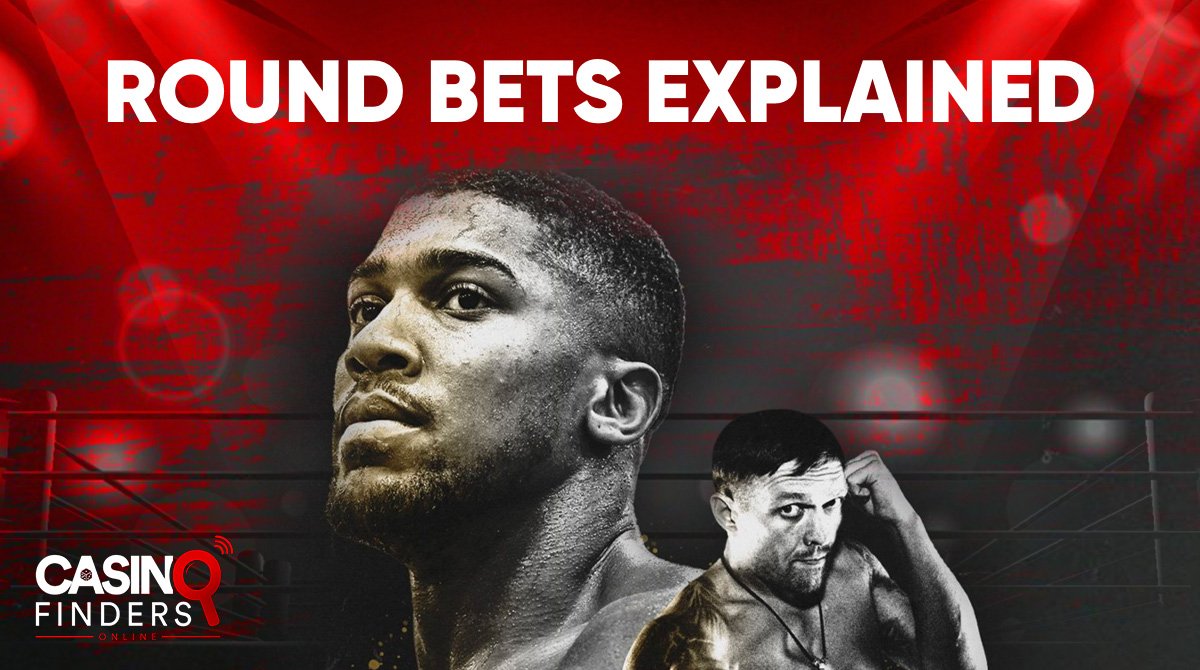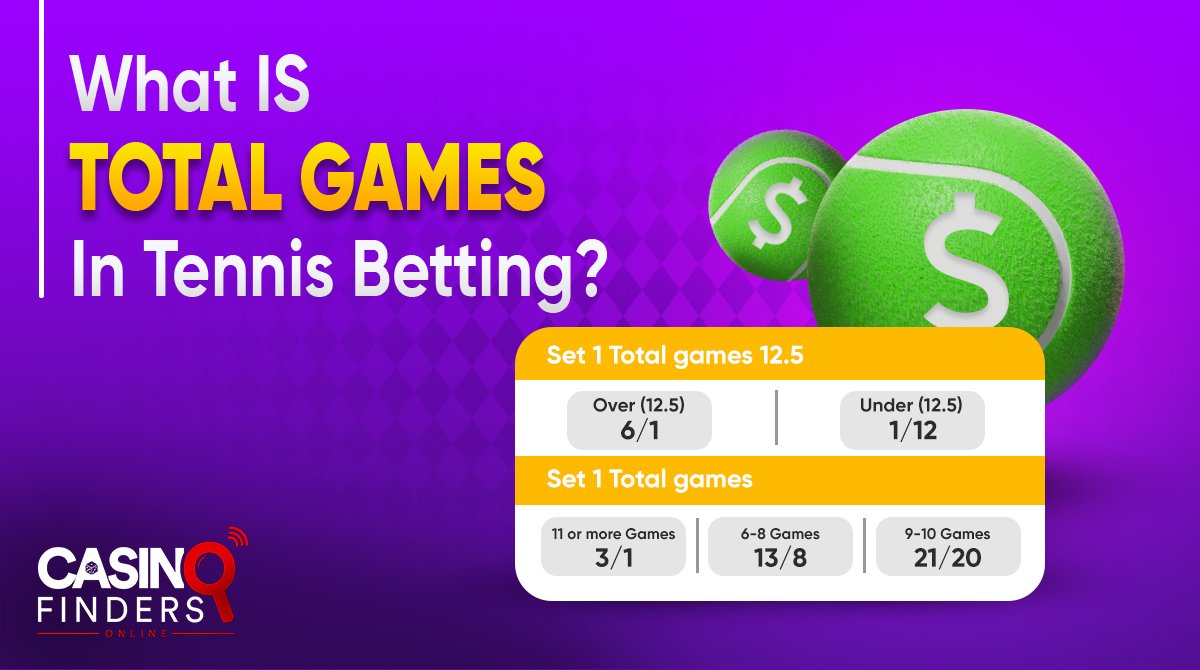Sports betting terms you need to know

Written by
Joe - Poker PlayerLast updated:
February 27, 2023
Sports betting terms are words and phrases used in the world of sports gambling. Sports bettors use these terms to describe wagers, outcomes, odds, results and more. Knowing these terms will help you understand what is happening when you place a bet and will enable you to make smarter decisions with your bets.
Sports betting terms for dummies
Sports betting has become increasingly popular in recent years as more and more people choose to place wagers on their favorite teams and events. Sports betting involves placing bets on the outcomes of sporting events, such as football or basketball games, horse races, or golf tournaments. Sports bettors must understand a variety of terms involved in sports betting to make the most of their investment. Here is a list of terms to help you get started:
Odds
Sports bettors use odds to determine the chances of a particular outcome in an event. Odds are expressed as either fractional or decimal, with fractional odds being the most popular form in North America while decimal odds tend to be more popular in Europe.
Point Spread
This is the amount of points by which a team must win or lose for the bet to be considered won or lost. Sportsbooks set point spreads to ensure a balance between bets placed on each team, and if the spread is exact, then no one wins the bet.
Money Line
The money line is the amount of money wagered on the outcome of a sporting event. The money line typically varies based on the odds offered by sportsbooks, and can be adjusted according to events or injuries that could affect the outcome.
Over/Under
Sports bettors use over/under betting to wager on whether or not an event will go over or under the point spread set by sportsbooks. If a bettor believes that the game will end with more points than the set point spread, they would place an over bet. Conversely, if they believe it will be fewer points, they would wager an under bet.
Parlay
A parlay is a single wager that involves multiple bets and is designed to increase the potential payout for sports bettors. Sportsbooks typically offer generous payouts on parlay bets, but they also carry more risk than straight wagers.
Against the spread (ATS)
A betting term used to describe a wager placed where a team not only needs to win, but also cover the point spread for your bet to be successful. It is a way of evening out the perceived imbalance between two teams and giving you the opportunity to back either side at even money.
Book (Sportsbook)
Book is another term for sports betting. This term comes from the traditional practice of accepting bets or wagers in a bookie’s office. Nowadays, with the rise in popularity of online betting, book and sportsbook are used interchangeably to refer to the person or website that takes bets on sports events.
Buck
A Buck is a slang term used to refer to a bet of $100. Buck is derived from the phrase “buck up,” which means to increase in strength or courage. This phrase has been in use since the late 19th century and was commonly used by gamblers who placed wagers at racetracks and other betting establishments.
Consensus
Consensus refers to the collective opinion of sports bettors. Consensus betting lines can be very useful when researching on potential opportunities, as they provide insight into what most people think will happen in a given game or match. If you see that the consensus line is moving decisively in one direction or another, it may be wise to consider taking action on that line.
Cover
Cover is a sports betting term used to describe the number of points or goals that an oddsmaker believes one team needs in order for them to win a bet. Covering the spread means that the team must win by at least the number of points indicated by the oddsmaker. For example, if the spread is 4 points and one team wins by 5, they have covered the spread. Cover is an integral part of sports betting and can make or break a bettor’s chances of winning.
Dime
Dime is a term used to describe the amount wagered in sports betting. Dime refers to a bet of $1,000. This is typically done when making a large bet and is expressed as “betting a dime” or “putting down a dime”.
Edge
Edge is an important concept in sports betting. Edge is defined as an advantage over the bookmaker, or any form of expected positive return on a bet. Edge can be obtained through extensive research and knowledge, as well as gaining insight into how the market works.
Favorite
The Favorite is the team expected to win a contest according to sports betting markets. When there is a Favorite, it will have a negative number (-) associated with it on the board – for example, if Alabama is favored over Auburn, the Favorite line may be -7.5. This indicates that Favorite bettors must give up 7.
Handicapping
Handicapping is the practice of predicting an outcome in a sporting event, typically by analyzing various statistical data. Handicappers will use this data to try and come up with a ‘handicap’ or advantage over the rest of the field. Handicapping can be used to gain an edge in sports betting and can help increase your chances of winning. Handicapping involves looking at factors such as the form of a team or individual players, the opponents, weather conditions, and other relevant variables.
Hedging
Hedging is a betting strategy used to reduce your risk on a wager. Hedging involves placing an additional wager on the opposite side of the original bet, in order to limit any potential losses. Hedging can be done before or after a bet has been placed; however it’s important to remember that not every sportsbook allows hedging. Hedging can also be used in combination with other strategies, such as parlays and teasers, to reduce risk while trying to increase winnings. Hedging is typically done by more experienced bettors who understand the mathematics behind betting and risk management.
In-game wagers
in-game wagers are bets placed after a game or match has started. In the context of sports betting, these types of bets can be on anything from an individual play to the overall result of a game. Live bets, also known as in-play wagers, are similar to in-game wagers but involve more complex situations and may require more sophisticated betting strategies.
Juice
Juice is a term used to refer to the commission or fee that bookmakers charge for placing a bet. This fee, also known as vigorish or “the take,” is commonly around 10%, although this rate can vary depending on the sportsbook.
Limit
Limit is a term used to refer to the maximum stake that can be placed on a particular event. Limits may vary depending on the type of bet, sportsbook, and other factors. Generally speaking, limits are in place to manage risk and ensure that any potential losses are kept at reasonable levels. The size of limits will vary from one betting site to another, so it’s important for bettors to be aware of the restrictions in place before placing any wagers.
Oddsmaker
Oddsmaker (also called a Linemaker) is the individual or group responsible for setting the betting odds. Oddsmakers are experts in the sports they cover and use their knowledge of teams, matchups, injuries, and other information to set the initial lines that give each team an equal chance at winning. Odds will then be adjusted based on the amount of public money being wagered on each side.
Proposition bets
Proposition bets, or prop bets, are wagers placed on certain outcomes that may not be directly related to the final outcome of a game. Proposition bets can encompass individual player performances, such as the number of touchdowns passes thrown in a single game by a quarterback, or the total number of yards gained in a soccer match.
Push
A Push is a type of bet that results in the wager being returned to the bettor, rather than being won or lost. This happens when the final score of a game lands exactly on the spread set by the sportsbook. In this scenario, no one wins and all bets are refunded.
Steam
Steam is a term used to describe when there is a sudden, rapid change in the betting odds of a market that’s usually caused by too much money being wagered on one side. Steam also generally indicates sharp action, which means it is likely coming from professional bettors with inside information or knowledge.






